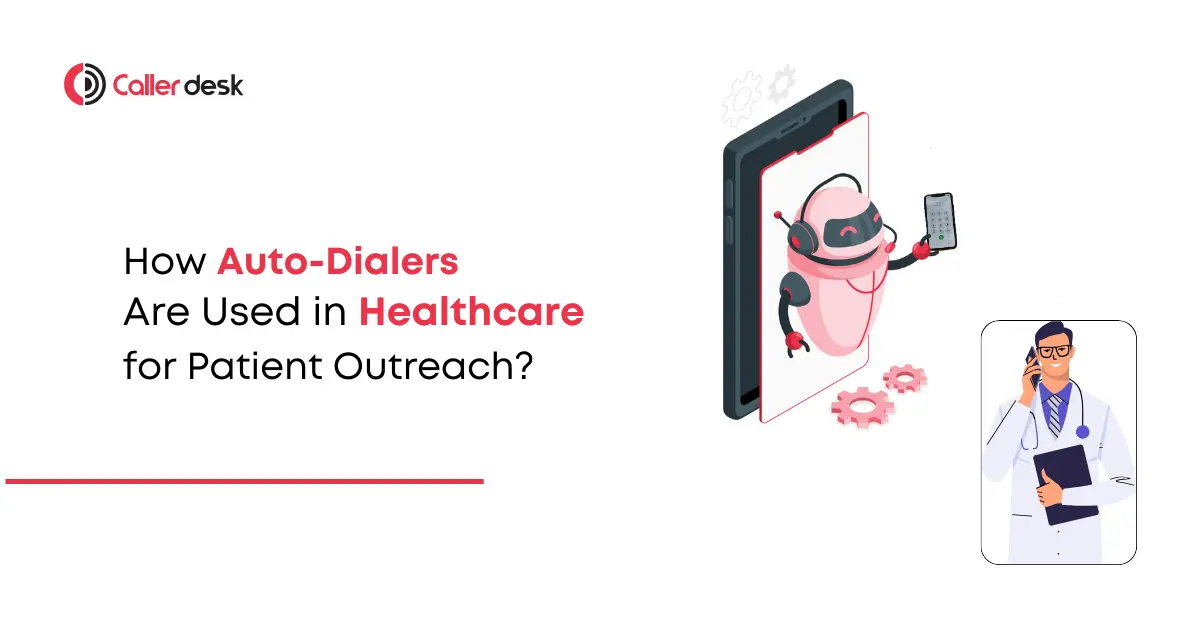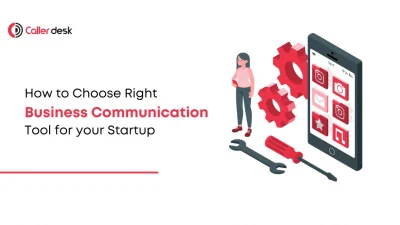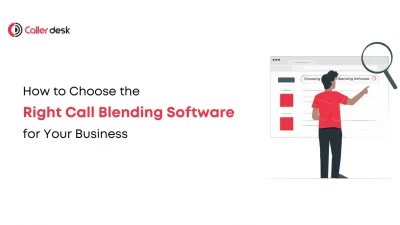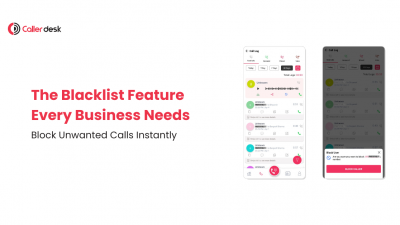Have you ever missed a doctor’s appointment or forgotten to take your medication? These common oversights can sometimes lead to serious health risks. For healthcare providers, the challenge is clear: managing personalized communication for every patient is time-consuming and difficult to scale.
Auto-dialers are changing this dynamic by automating reminders, updates, and important health alerts. They provide timely, personalized communication that keeps patients informed, improves engagement, and reduces administrative workload.
Let’s explore the key benefits of auto-dialers in healthcare with real-world examples woven into the discussion for easy understanding.
What Is an Auto-Dialer in Healthcare?
An auto-dialer is a system that automatically calls patients from a contact list and plays pre-recorded messages or connects them to live representatives. For instance, when a patient’s routine health check is due, the auto-dialer sends them a friendly reminder, ensuring the patient doesn’t miss important preventive care.
In healthcare, auto-dialers are used to:
- Remind patients of upcoming appointments.
- Notify them about medication schedules.
- Provide emergency health alerts.
By automating these tasks, healthcare providers can focus on direct patient care while ensuring timely communication.
Key Benefits of Auto-Dialers in Healthcare
1. Enhanced Patient Experience
Patients appreciate timely and clear communication about their health, and auto-dialers make this possible. Imagine a patient who has a virtual consultation scheduled. Instead of manually tracking the time, they receive an automated call reminding them of their appointment, with a prompt to reschedule if needed.
How This Helps:
- It reduces the chances of missed appointments.
- Patients feel valued and cared for, improving their overall satisfaction.
For example, a dental clinic uses an auto-dialer to send personalized reminders to patients 48 hours before their appointments. This not only helps patients plan better but also minimizes no-shows, keeping the clinic’s schedule on track.
2. Improved Healthcare Provider Efficiency
Auto-dialers significantly reduce the burden on healthcare staff by handling routine communication. Picture a diagnostic lab that performs hundreds of tests daily. Instead of staff manually calling every patient with their results, the auto-dialer sends an automated message: “Your test results are ready. Please check the patient portal or call us for more details.”
Why It Works:
- Staff are freed up to handle more complex tasks, such as patient consultations.
- Automated communication ensures consistency and accuracy.
This streamlined approach allows the lab to focus on patient care while still keeping everyone informed in a timely manner.
3. Cost-Effectiveness
Auto-dialers save healthcare providers money by reducing operational inefficiencies. Consider a pediatric clinic where no-shows result in wasted appointment slots. By using an auto-dialer to send reminders, the clinic reduces no-show rates by 30%, filling previously vacant slots with paying patients.
Key Takeaways:
- Reducing no-shows improves resource utilization.
- Automation scales communication without requiring additional staff.
For smaller healthcare providers, this means achieving more with fewer resources, making auto-dialers a cost-effective solution.
4. AI-Powered Personalization
Advanced auto-dialers now use AI to deliver personalized messages. For instance, a pharmacy uses an AI-powered auto-dialer to remind patients about upcoming prescription refills. The system not only informs them about their refill but also provides a tip: “Don’t forget to store your insulin at the right temperature for optimal effectiveness.”
Why This Matters:
- Patients receive tailored messages based on their health history.
- Personalization increases patient engagement and adherence to care plans.
In this way, AI-powered auto-dialers create meaningful interactions that go beyond generic reminders, making patients feel understood and cared for.
5. Integration with EHR Systems
Auto-dialers that integrate with Electronic Health Records (EHR) ensure seamless communication. For example, a cardiology clinic uses an auto-dialer synced with its EHR system. The system detects when a patient’s annual stress test is overdue and automatically sends a reminder to schedule the test.
Benefits of EHR Integration:
- Reduces manual errors by syncing patient data directly.
- Automatically generates reminders based on care timelines, such as follow-up visits or vaccinations.
This integration ensures patients stay on track with their health goals without adding to the administrative burden of healthcare staff.
Addressing Common Challenges
1. Patient Perception
Patients may feel disconnected when interacting with automated calls, perceiving them as impersonal. This can be overcome by crafting messages that are empathetic and conversational.
Example:
A rehabilitation center uses friendly, personalized language in its reminders:
“Hi [Patient Name], this is a quick reminder about your physical therapy session tomorrow. If you need to reschedule, press 1 to speak with our coordinator.”
How It Helps:
- Empathetic messaging makes patients feel cared for and valued.
- Providing an option to speak with a live agent ensures personalized support when needed.
2. Privacy and Security
Healthcare communication involves handling highly sensitive information, making privacy and security a top priority. Strict compliance with regulations like HIPAA is non-negotiable.
Example:
A mental health clinic uses auto-dialers with end-to-end encryption and secure login protocols to send appointment reminders while safeguarding patient confidentiality.
How to Address Privacy Concerns:
- Implement encrypted systems to protect data during transmission.
- Train your staff regularly on compliance measures to ensure proper handling of sensitive information.
- Work with vendors who have experience in healthcare regulations and offer compliance-certified solutions.
3. Technical Issues
Auto-dialer systems may face occasional technical glitches like call quality issues or unexpected downtime, which can disrupt communication. Proactive planning and regular maintenance are key to avoiding these pitfalls.
Example:
A hospital schedules monthly tests for its auto-dialer system to ensure it functions smoothly during high-demand periods, such as vaccination drives or emergency situations.
How to Prevent Disruptions:
- Establish backup systems to ensure continuity during outages.
- Partner with a reliable provider offering robust support and regular updates.
- Conduct routine maintenance to detect and fix potential issues before they escalate.
Conclusion
Auto-dialers are transforming patient outreach by ensuring timely communication, improving efficiency, and enhancing patient satisfaction. With advanced features like AI-powered personalization and EHR integration, they’re helping healthcare providers deliver proactive, scalable, and cost-effective care.
By addressing challenges like patient perception and ensuring compliance with privacy laws, auto-dialers offer a secure, empathetic solution for modern healthcare needs.
Ready to revolutionize your patient outreach? Try Callerdesk’s HIPAA-compliant auto-dialer solutions today and experience how automation can elevate your healthcare communication.
Frequently Asked Questions
1. What is an auto-dialer in healthcare?
Auto-dialers are automated systems that dial patient contact numbers to deliver pre-recorded messages or connect them with healthcare representatives.
2. How do auto-dialers reduce no-shows?
By sending timely appointment reminders, auto-dialers ensure patients are informed and prepared, reducing the likelihood of missed appointments.
3. Can auto-dialers support remote care?
Yes! Auto-dialers can send medication and follow-up reminders, making them invaluable for managing remote or chronic care patients.
4. Are auto-dialers secure for healthcare communication?
Auto-dialers used in healthcare comply with data protection standards like HIPAA, ensuring patient information is handled securely.
5. Why should healthcare providers adopt auto-dialers?
Auto-dialers improve patient communication, enhance satisfaction, and streamline operations, making them essential for modern healthcare practices.





